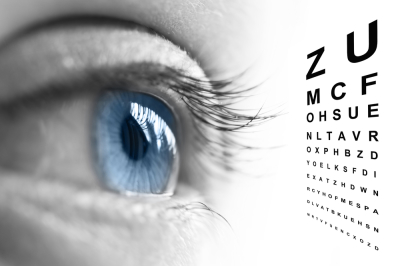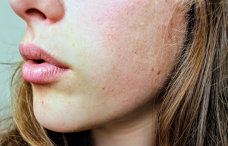
Our eyes are arguably our most important sense, and caring for them early on will help ensure that they will function as nature intended until the day we die. Commonly, headaches and blurry vision are what prompt us to go see an eye doctor, usually an optometrist. If your eye problem requires surgery or care or a specialized procedure, then your optometrist will refer you to an ophthalmologist. Aside from correcting vision using eyeglasses or contact lenses, optometrist are able to diagnose and treat dry eyes, eye infections, and glaucoma. Beyond that, an ophthalmologist is needed.
It is accepted that you first see an optometrist Victoria, who may refer you to an ophthalmologist if the need for surgery or specialized care is indicated. But first, consider these symptoms which will help determine if you need to see an eye doctor.
- You frequently experience eye itchiness, tearing, or see flashes of light, spots, or floaters.
- You experience motion sickness or dizziness when trying to follow a moving object.
- Have diminished vision in the dark, for example seeing street signs or making out objects clearly in your car’s headlights.
- You experience eye strain, blurred vision, or headaches after spending some time in front of a computer screen.
- Your family has a history of diabetes or glaucoma.
Unless you had been treated for vision problems early in your childhood (in which case you would already be having regular eye exams), you should ideally visit an eye doctor annually once you’re 20. One exam that’s not common knowledge is called a dilated eye exam. The eye doctor puts a few drops of a solution that will help him or her look inside your eye more closely. If you are asking for a complete eye exam, then the dilated eye exam should be part of it. From early 20s to late 30s, a dilated eye exam is recommended every 2-5 years. The large difference in frequency is determined by your belonging, or not, in a risk group that your optometrist or ophthalmologist will determine.
From age 40-65, the frequency of the dilated eye exam should be between 2-4 years. Above 65, the recommended interval for this exam is from 1-2 years.
As we said earlier, the ideal frequency for an eye exam is very year. Vision changes can occur rapidly if there are underlying health problems you may not be aware of, and a Victoria BC eye exam may clue you in to a condition that needs immediate attention.
Island Eyecare Optometrists
1059 Fort St, Victoria, BC
V8V 3K5
250-383-3937



